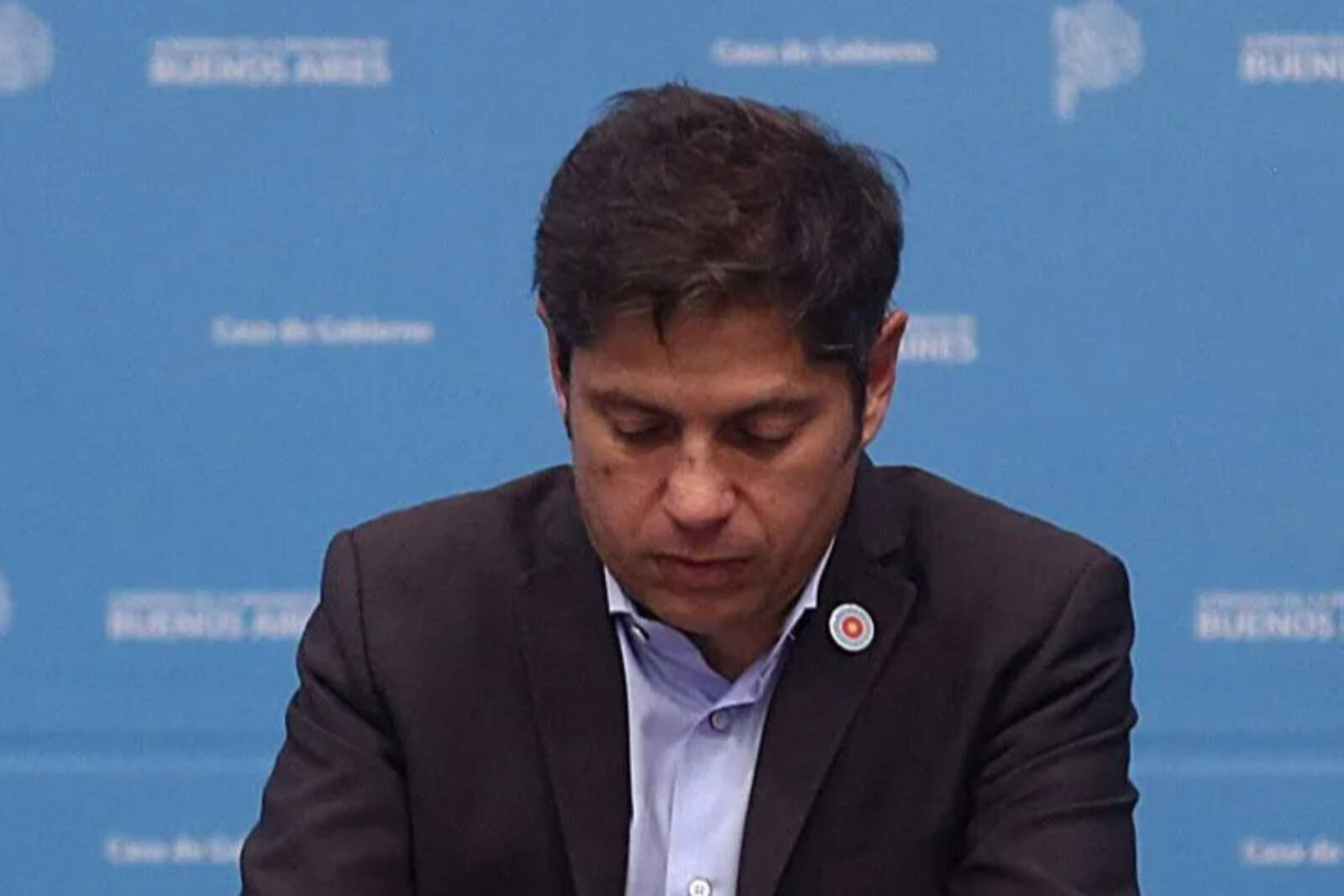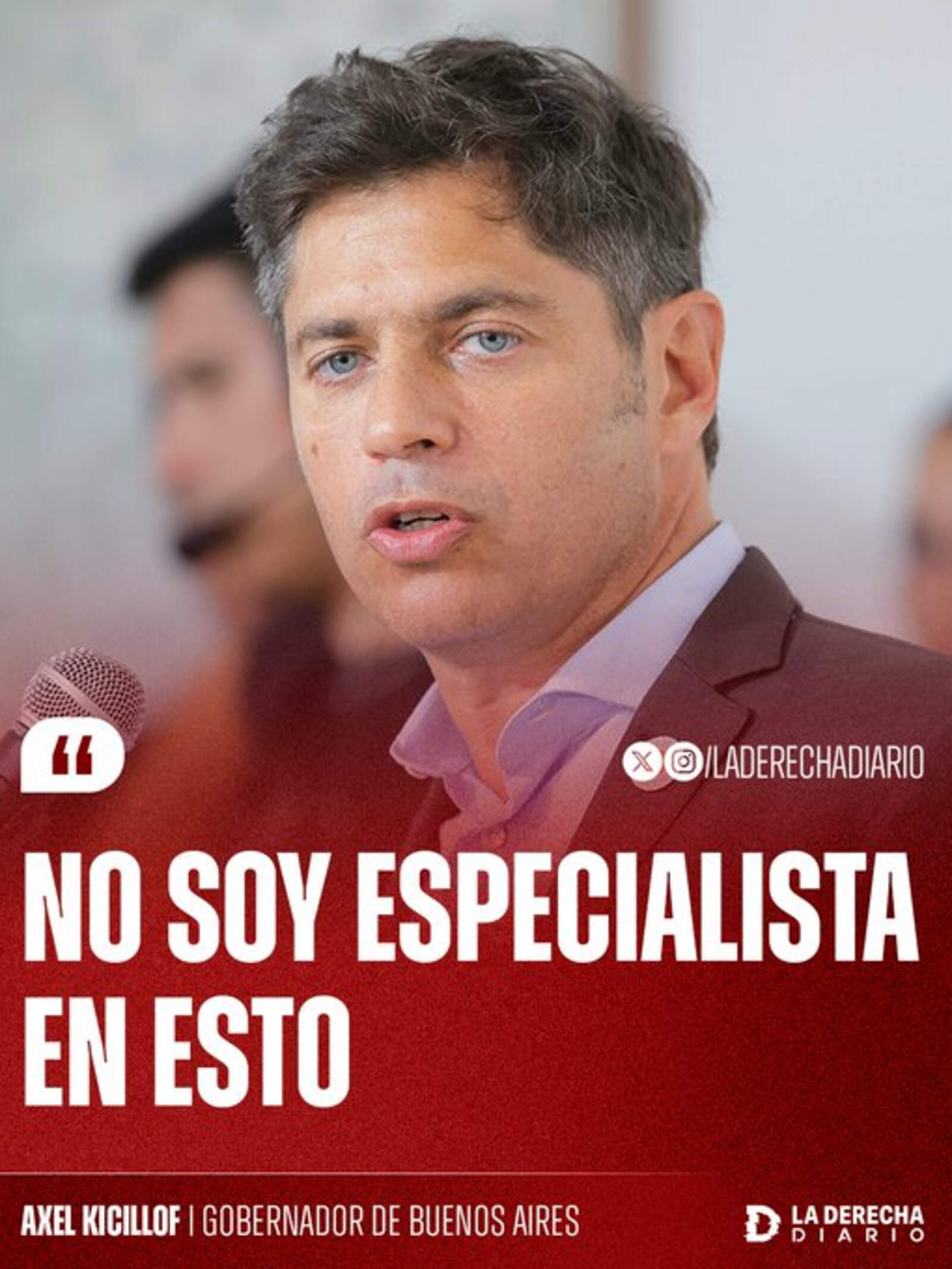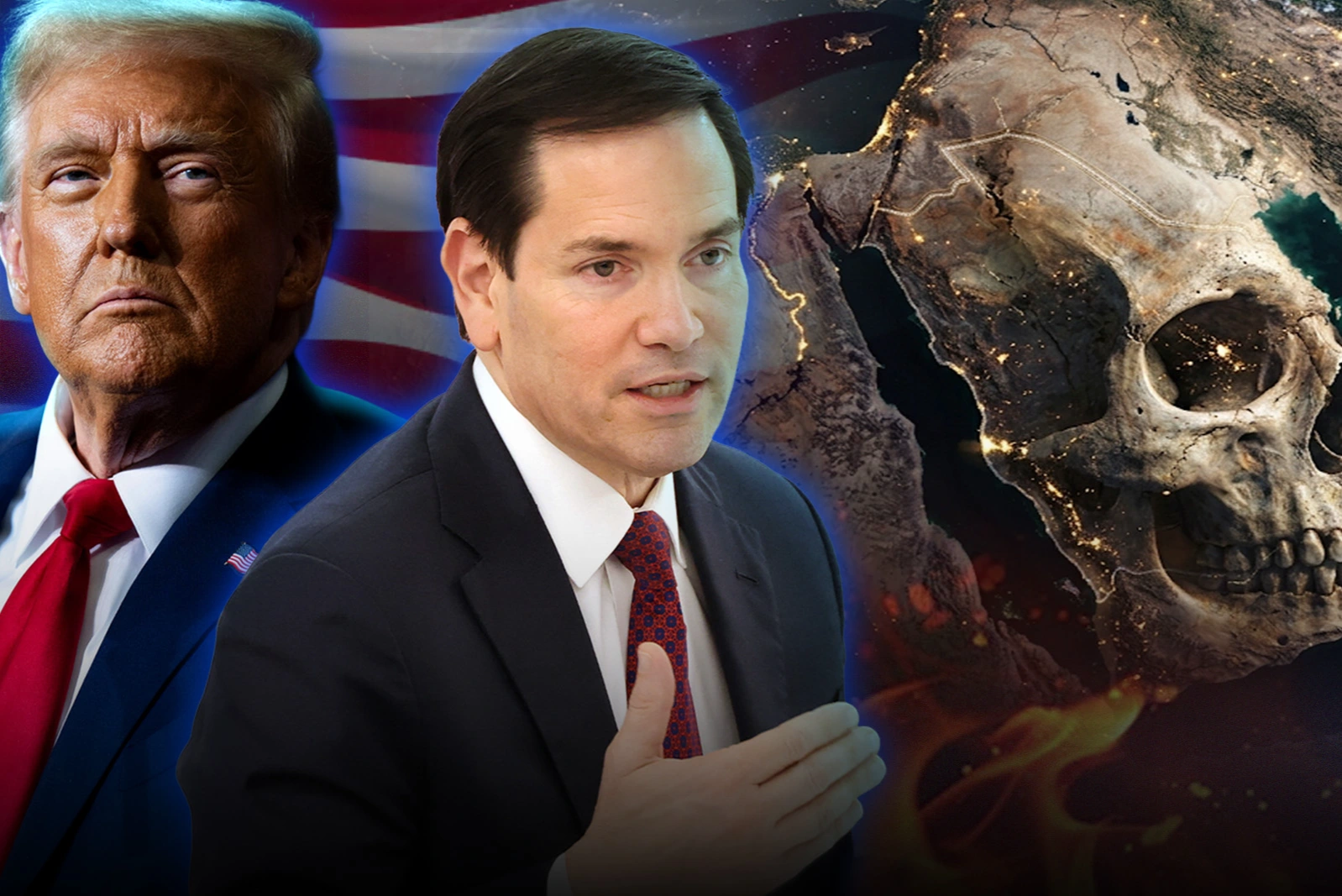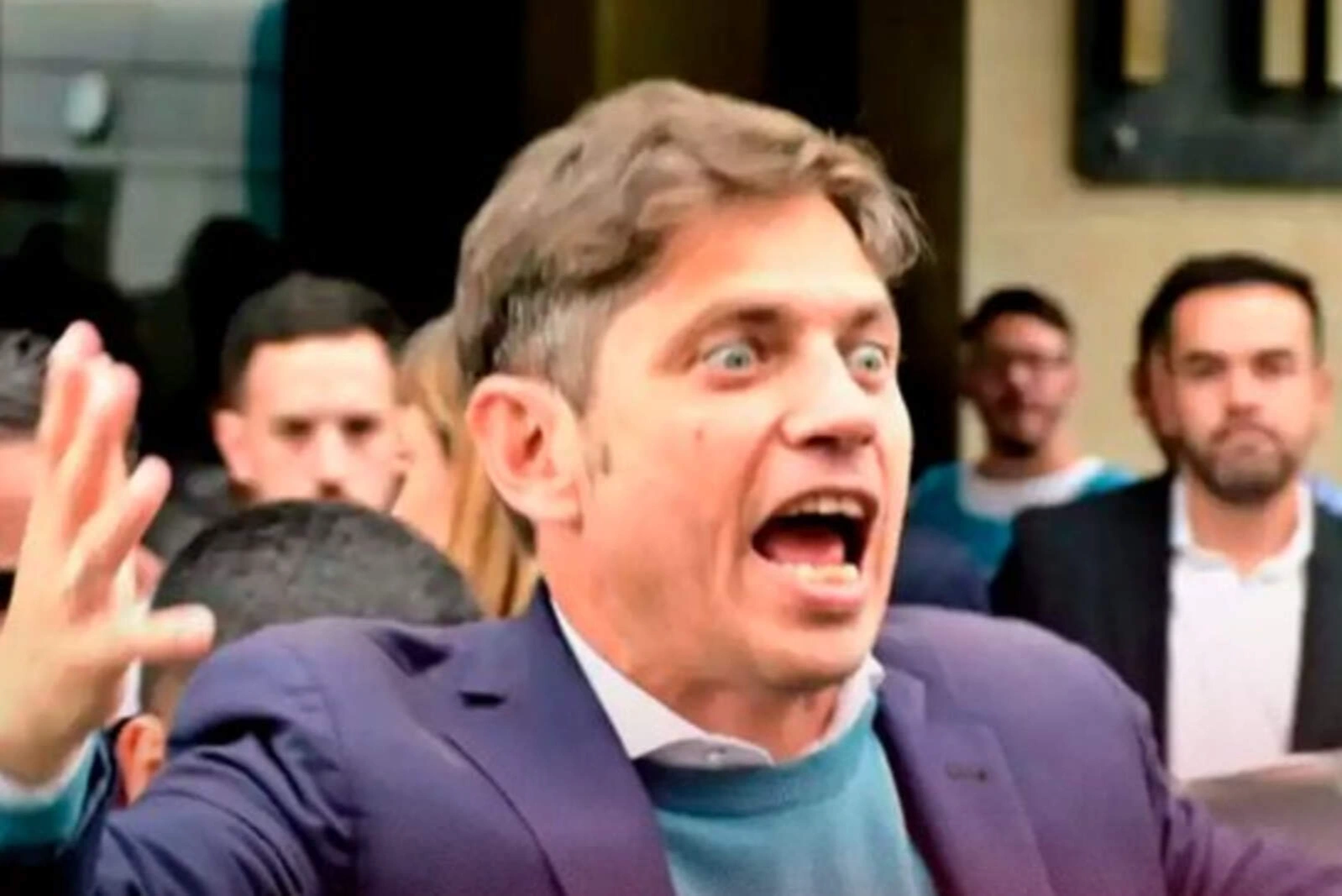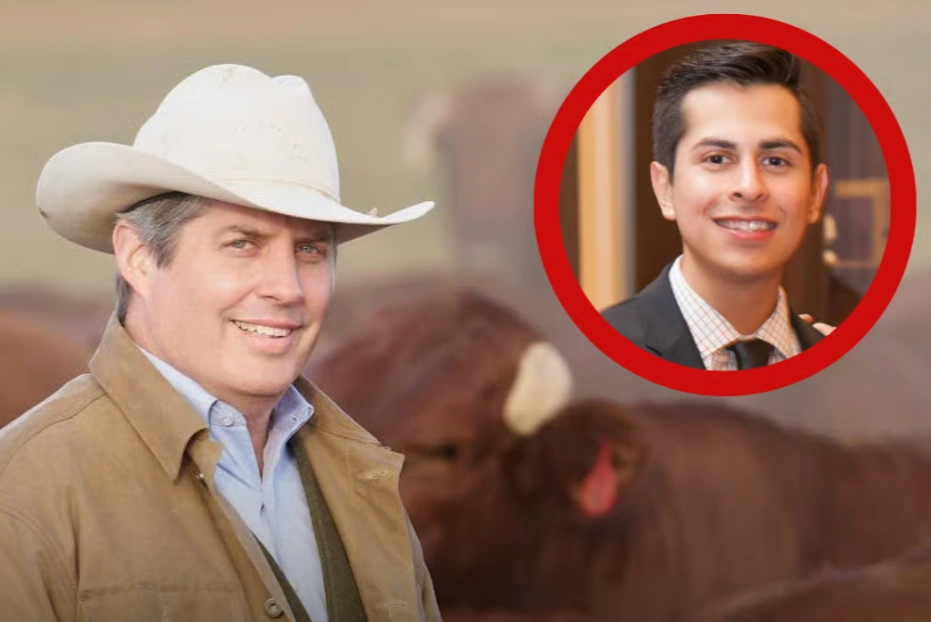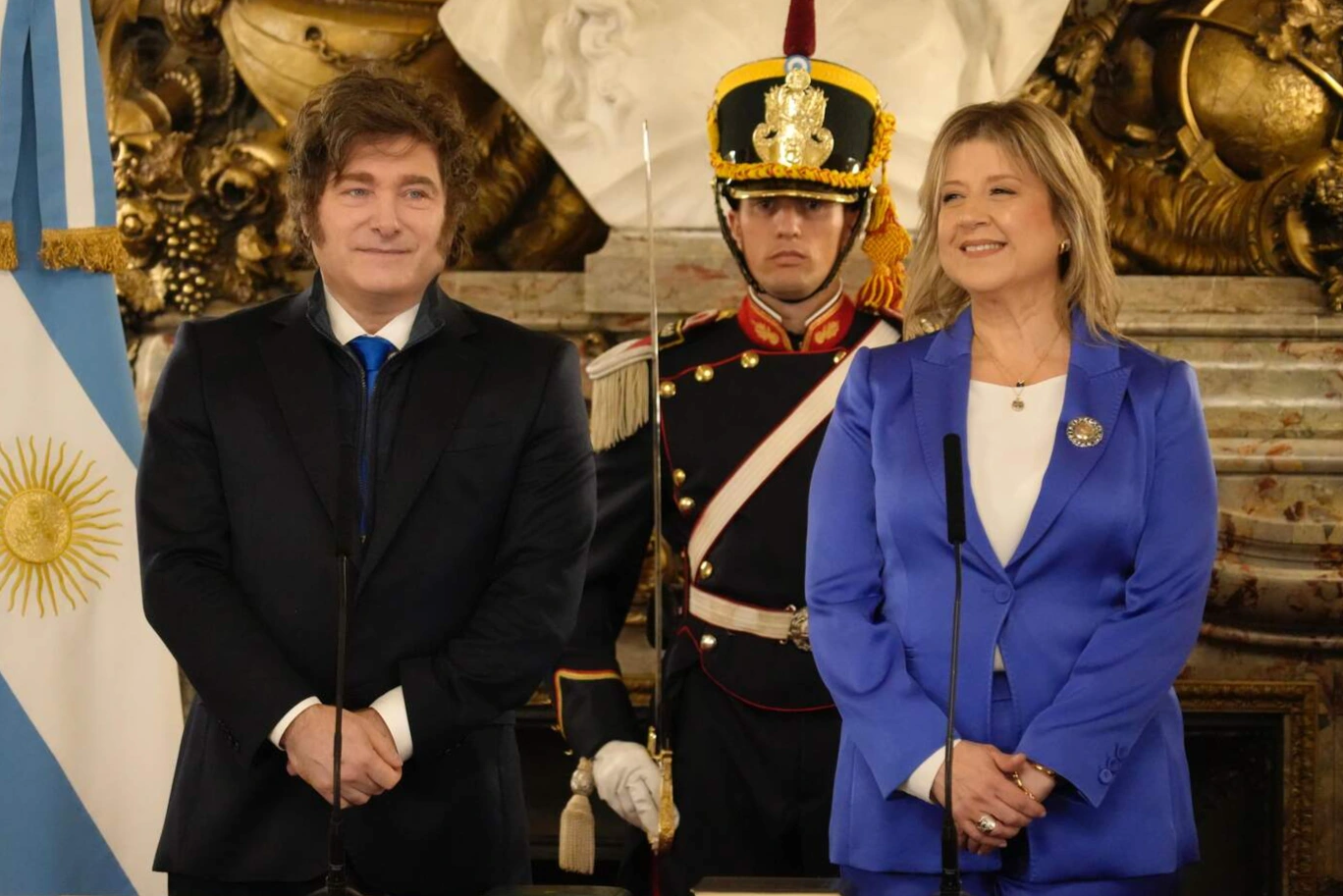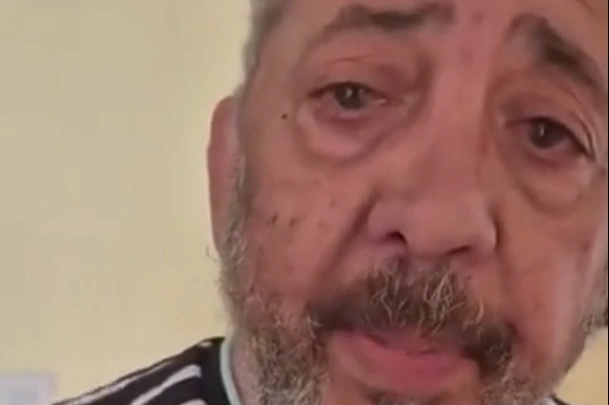The devastating ruling by U.S. Judge Loretta Preska against the Argentine State once again exposed the legal, institutional, and economic disaster left by Kirchnerism. The magistrate ordered on Monday that Argentina hand over 51% of YPF shares to the vulture fund Burford Capital—and separately, also to the Bainbridge fund—due to the irregular manner in which the nationalization of the oil company was carried out in 2012. The political and technical architect of that maneuver was then Minister of Economy Axel Kicillof, now governor of the Province of Buenos Aires.
Far from showing self-criticism, Kicillof himself held a press conference in a nationalist tone, describing the ruling as "an attack on Argentine sovereignty" and "a legal absurdity." However, he acknowledged: "I'm not a specialist in this, but the power to expropriate is above a company's bylaws." The statement revealed the level of improvisation with which an operation was carried out that now puts the State's finances at risk.
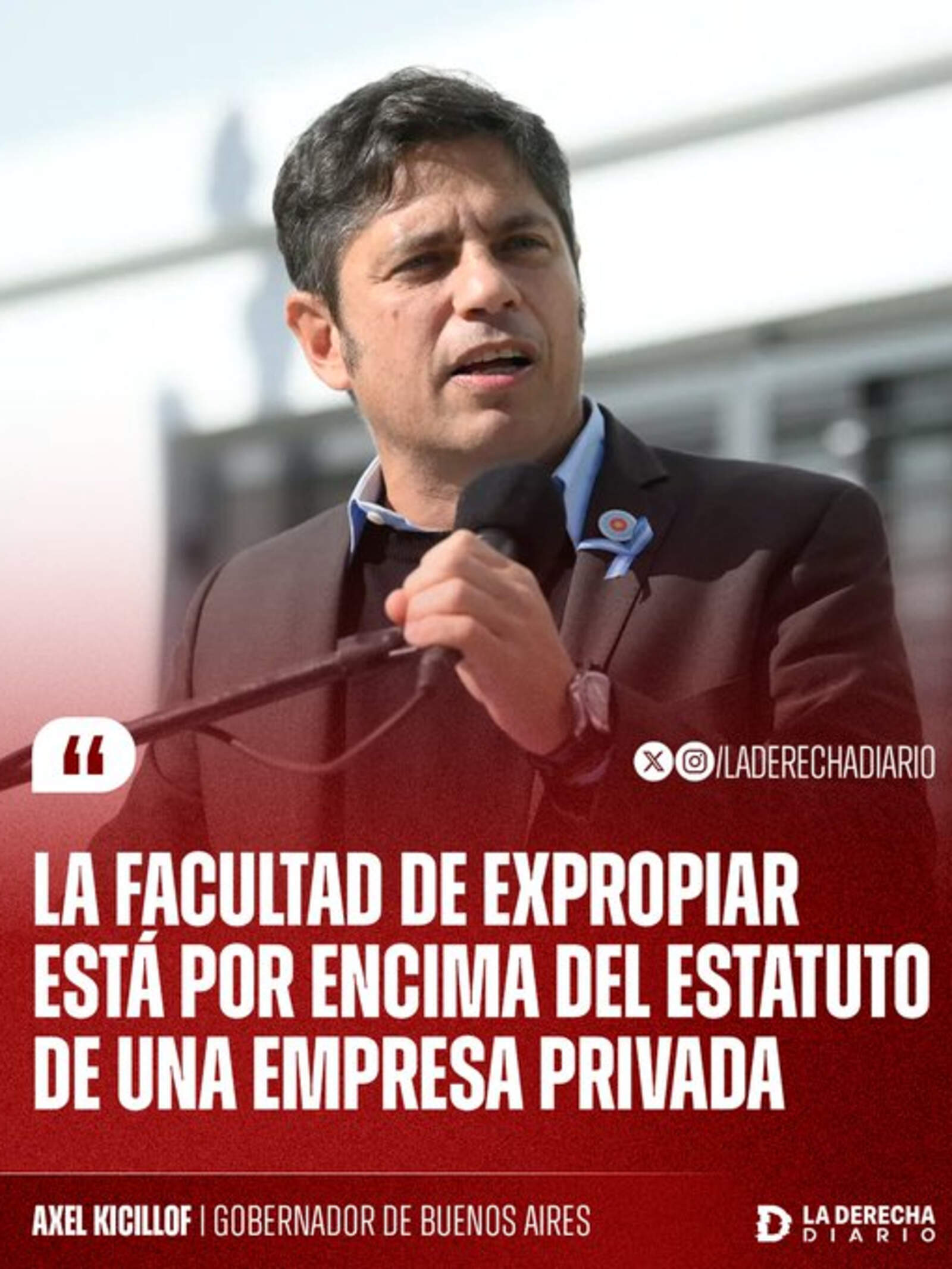
Kicillof tried to divert attention by blaming the United States and Milei: "Some still wonder why Milei travels so much to the country from which this ruling came... it's very obvious." On his X account, the governor even accused the president of being a "mole in the Casa Rosada" and concluded with a classic Kirchnerist slogan: "YPF is not for sale."
The background of this trial is even more scandalous: the "crony socialism" scheme that Kirchnerism designed to benefit the Petersen Group, owned by the Eskenazi family, close to the Kirchners since the 1990s. The story began in 2008, when Repsol transferred 14.9% of YPF shares to the Eskenazis, without them putting up their own money: they obtained loans of more than USD 2 billion, even from Repsol itself, with the political backing of Néstor Kirchner.

